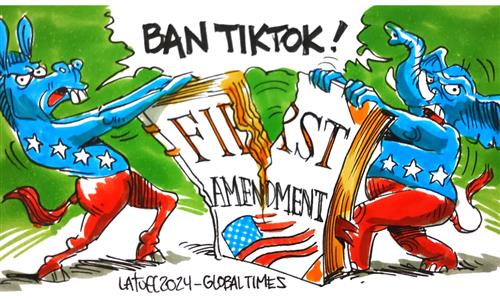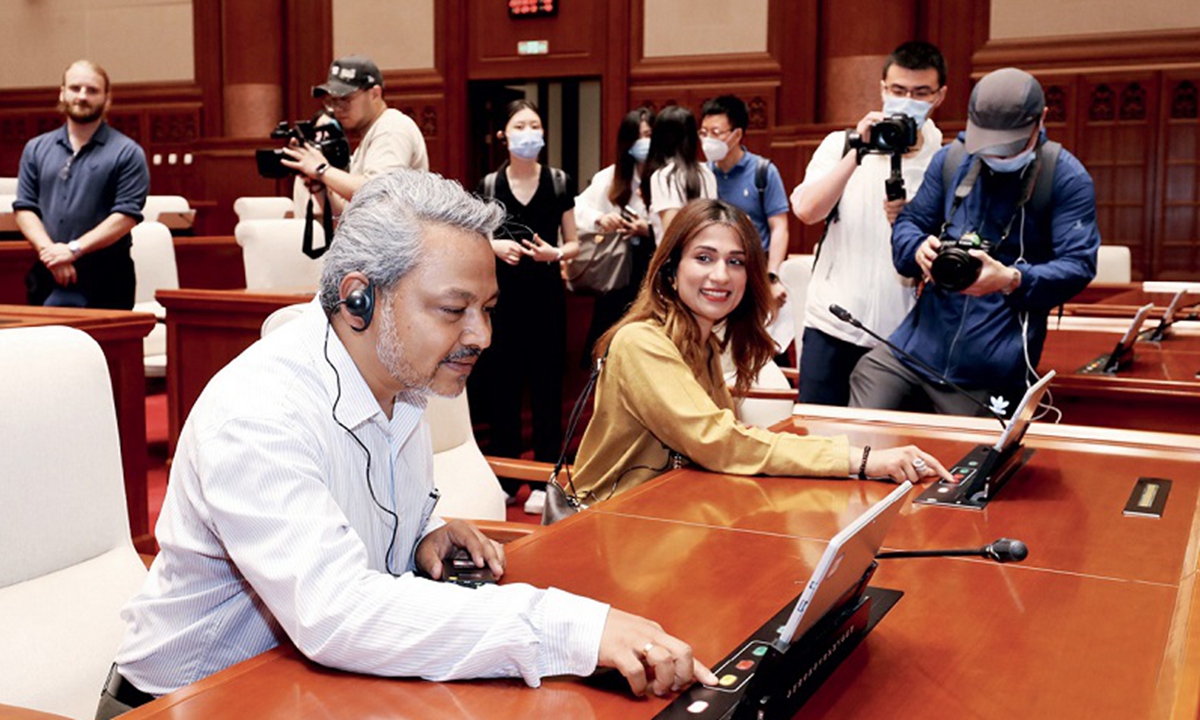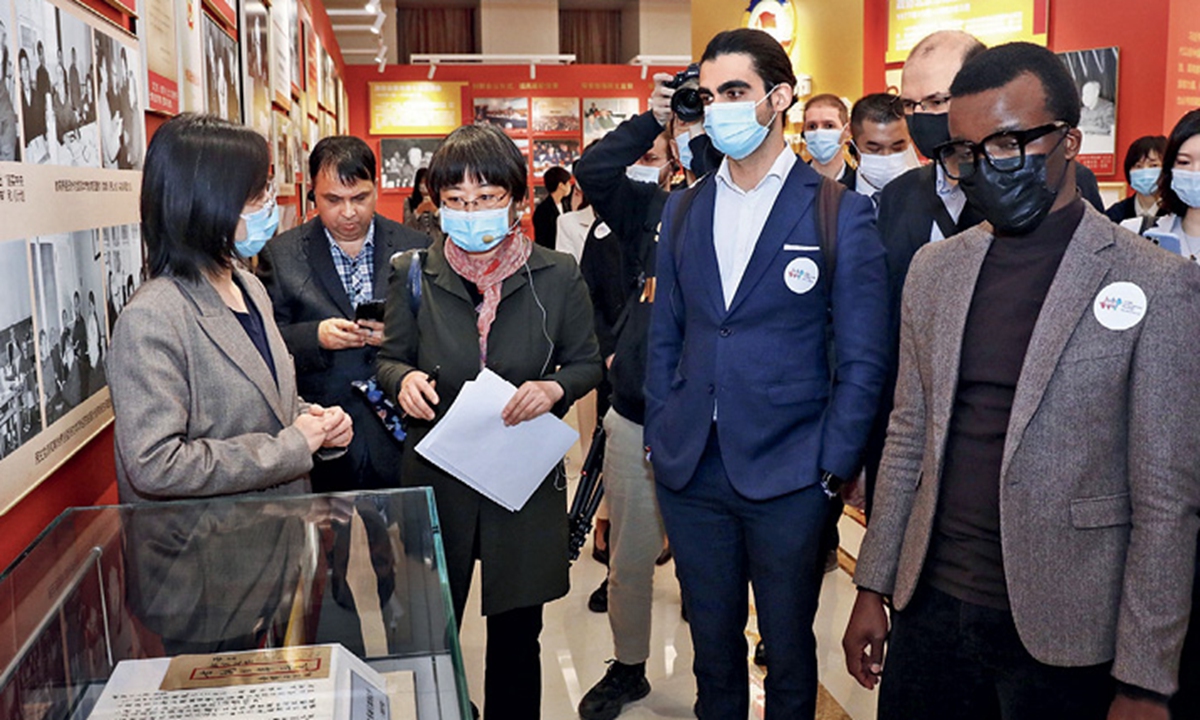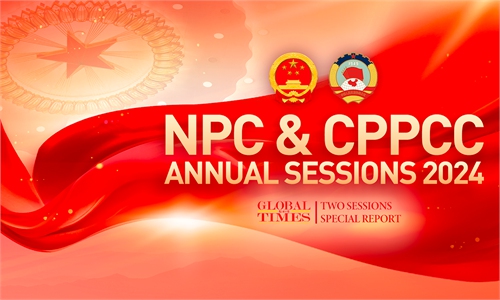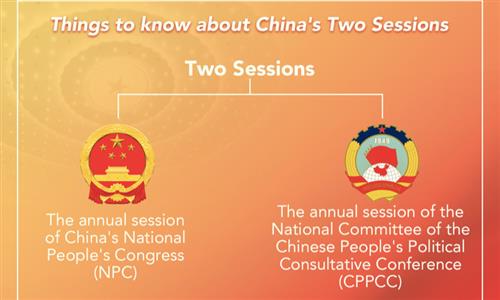Reframing stressful situations could help minimise health and well-being problems
FROM mounting workloads to relationship problems, moving house or looming exams, stressful situations come and go, but they all have one thing in common: they can play havoc with your health.
But it all depends on how you view them, a new British study reveals. In fact, seeing stressful situations as challenges, rather than threats, could prove beneficial to physical and mental health.
The figures speak for themselves: the global population is struggling. According to the World Health Organization (WHO), nearly a billion people worldwide were living with at least one mental disorder in 2019, and the situation has since worsened considerably.
The global health authority estimates that the worldwide prevalence of anxiety and depression rose by 25% in the first year of the Covid-19 pandemic alone.
It's an edifying finding, and one that serves as a wake-up call to the importance of taking action to try and curb the phenomenon.
While action is needed on a global and national scale, each of us also has the opportunity to take action, at our own personal level, to better cope with situations that could affect our health and well-being.
So suggest the findings of a new study by researchers at the United Kingdom's University of Bath, who found that the way we approach stressful situations can have an impact on our physical and mental health (or not, as the case may be).
Perception of stress
The study authors started from the simple observation that a person can perceive a stressful situation in two ways.
They can either feel overwhelmed, and therefore see it as a threat, or they can feel capable of dealing with it, or even managing it, and therefore see it as a challenge.
This can be particularly true in the world of sport, where mindset can influence an athlete's performance.
In fact, the researchers turned to athletes to carry out their research, which is based on "valid and reliable" measures of challenge and/or threat assessment, mental health, well-being, and physical health problems from 395 athletes who responded to an online survey.
Published in the journal Stress and Health, the results suggest that participants who saw stressful situations as threats were at greater risk of physical and mental health problems, compared to those who saw them as challenges.
"We found a convincing link between mental and physical ill-health, and the way a person typically views stressful situations," said study co-author Dr Lee Moore from the Department for Health at the University of Bath, quoted in a news release.
"The more you’re able to appraise a stressful situation as a challenge, the more likely you are to report good health and well-being."
He continues: "Researchers have speculated for the past 15 years that people who repeatedly believe they don’t have the resources to cope in stressful situations are putting their health at risk, but we believe this is the first time the theory has been properly tested, leading to us finding a link between stress appraisals and health."
Although the study was carried out on athletes, its authors believe that the findings are equally valid for the rest of the population.
They point out that the negative consequences induced by the way stressful situations are approached can range from a simple cold or flu, or even a weakened immune system, to mental health disorders such as anxiety or depression.
It is hoped that this research will ultimately lead to the improved identification and management of people at risk of health problems due to increased stress.
"Most people will fluctuate in the way they appraise a situation, depending on the details of the specific situation, however, some people are far more likely to appraise all stressful situations as a threat, and this study shows that this tendency is associated with poorer health and well-being," concludes Moore. – AFP Relaxnews
Pullout quote: "The more you’re able to appraise a stressful situation as a challenge, the more likely you are to report good health and well-being." - Dr Lee Moore
R
Related post:
Nagging thoughts? Try this Hawaiian mantra to achieve inner peace
Re




